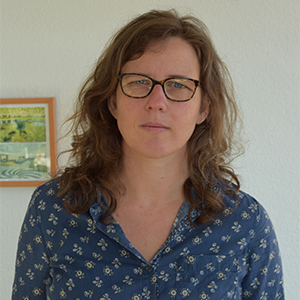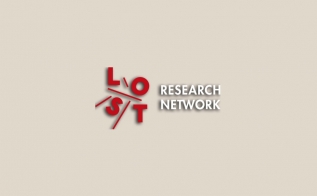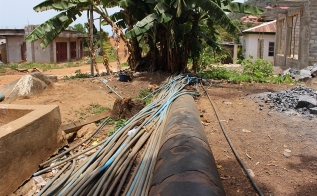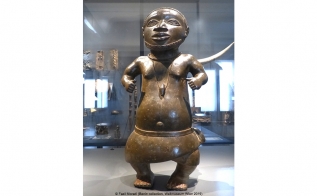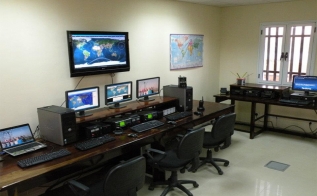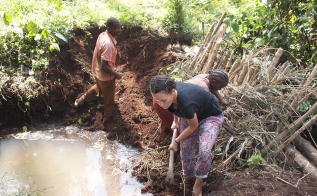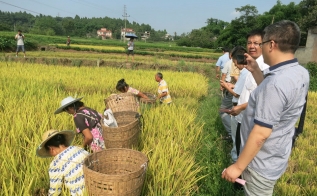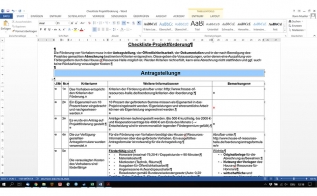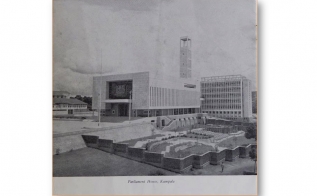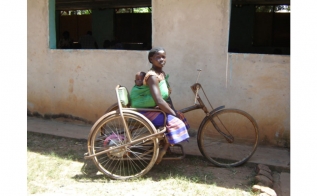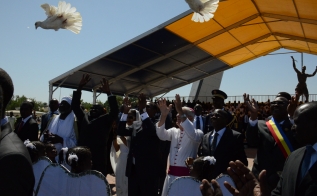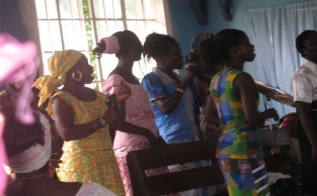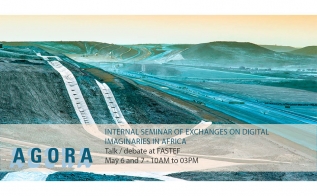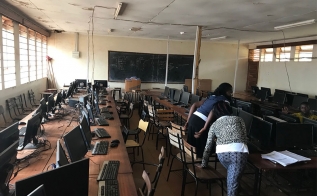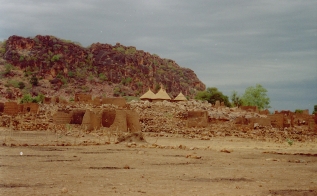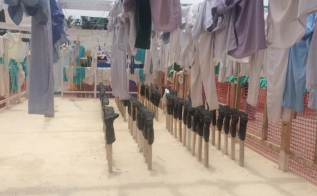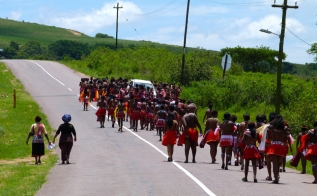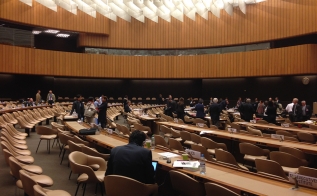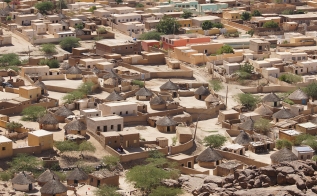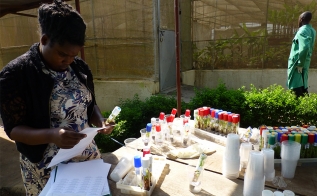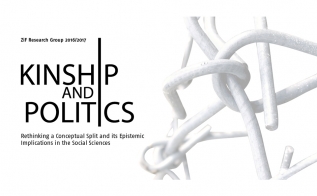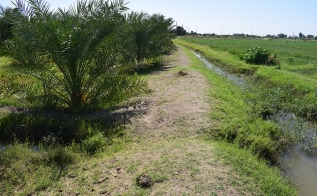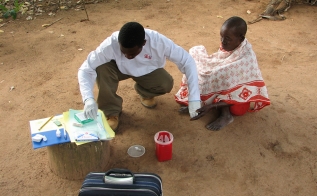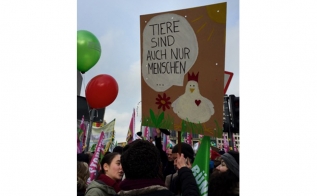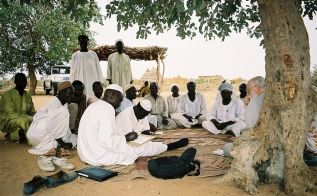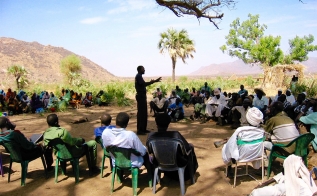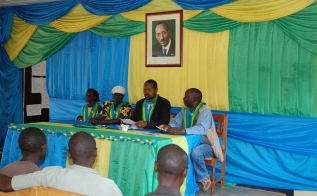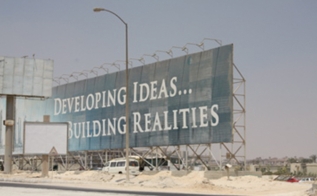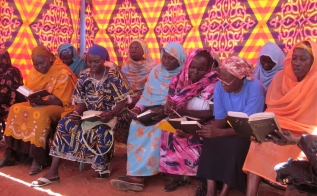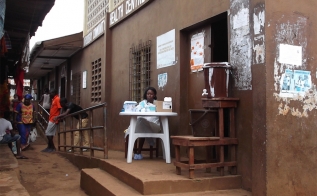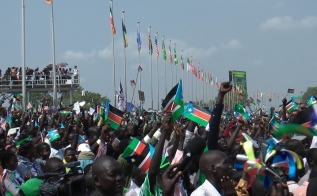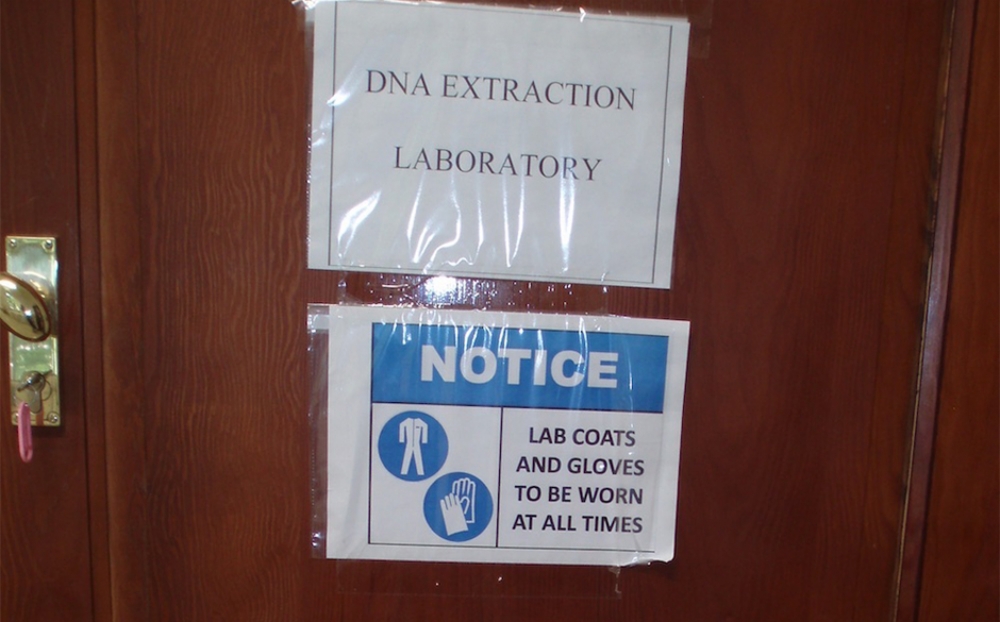
Description
This project discussed race trouble and the reverberations of classificatory violence in contemporary political and scientific practices around human origins. It involves a close analysis of the complex entanglement of physical anthropology (often still associated with hierarchical race science) and human population genetics (associated with a unity in diversity approach). I am interested in race as a slippery and troubling object that cannot be reduced to the realms of either biology or social categorizations. To study race, I therefore suggest a topological approach which allows me to attend to the specific elements and practices by which race is brought into being as a nature/culture assemblage in a specific setting.
Given its long history of political segregation, South Africa is a particularly relevant site for the study of the coproduction of race in science and politics. In order to grasp race/trouble in the post-apartheid era I ask: how is meaning produced around ideas of population and descendant community in relation to race? In what ways are current classificatory practices in the life sciences connected to older racial typologies and how do they differ? How do scientists, research subjects and community activists respectively relate the work of human origins research to the political realm where the legacy of racial classification is a matter of heated debate? How do the various stakeholders negotiate the apparent discrepancy between the celebration of human origins as a way to overcome race and the underlying racialized practices of sampling, classifying and comparing?
To account for these questions, I followed three paths. First, I focused on the materiality of knowledge-objects (e.g. human remains and genetic samples) and their changing interpretations through time and by differently positioned actors. Second, I examined the heritagization of human origins and what it tells us about race in South Africa. Third, I analyzed the complex relationship between the political subjectivity of “descendant communities” and their objectification as “research populations” in scientific projects.

